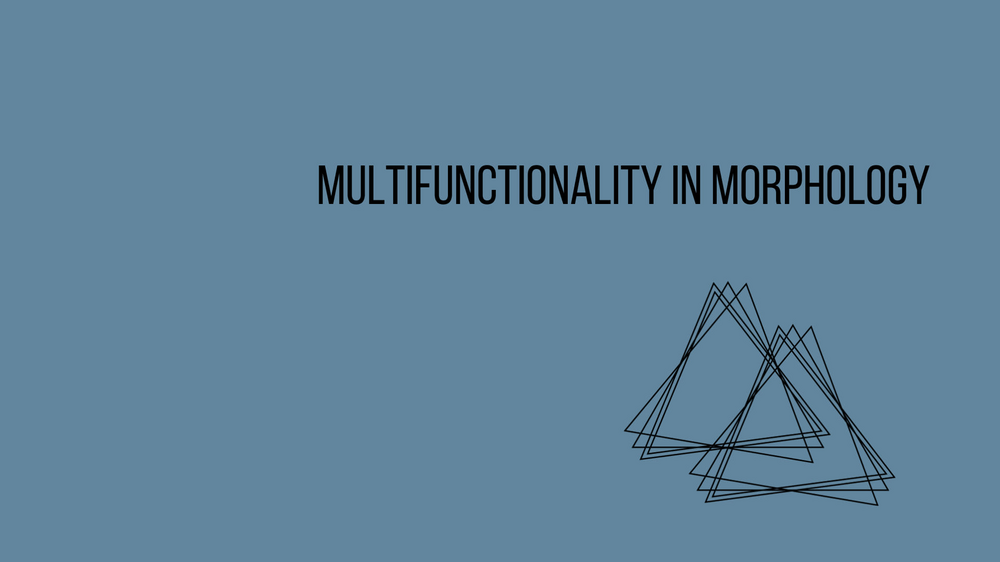Words consist of smaller parts, each of which contributes to the overall meaning and grammatical function of the word. These parts are called morphemes, and they are the focus of the present project.
One example of a morpheme is -er. This morpheme can add a variety of meanings and functions to a word. For instance, in the word "researcher", the morpheme -er adds the meaning of "someone who does something". But -er can have many other functions and meanings, such as the -er in adjectival forms like "smaller", or the -er used to make words for inhabitants, like "Londoner". Some instances of -er are difficult to decipher. For example, many words for family members such as "father", "mother", "daughter", "sister", and "brother" share the -er part, but it is not immediately clear what this -er means.
The multifunctionality of morphemes, as illustrated on -er in English, has been gaining relevance in the study of human language. This project focuses on Slovenian, a language which has many morphemes that sound the same but show up in different, seemingly unrelated contexts.
The bilateral project, conducted together with colleagues from the University of Nova Gorica, consists of three main parts, each of which aims to shed light on how these multifunctional word pieces work and how they can be grouped together.
First, researchers will study a large number of Slovenian words (nouns, verbs, adjectives and adverbs) to examine how often they contain multifunctional morphemes. By analyzing a wide range of words, the researchers will be able to identify common patterns and gain insight into how multifunctional morphemes function within the language.
Second, the researchers will try to understand how these multifunctional word pieces can be grouped together. By looking at how multifunctional morphemes are used across different words, the researchers hope to understand in which instantiations belong to the same morpheme.
Finally, the researchers will use what they have learned to create a new framework for understanding the nature of morphemes. By developing a new framework, the researchers hope to provide a more accurate and comprehensive theory of how morphemes work.
By conducting this research, the project aims to deepen our understanding of how words are structured. By answering questions about how word pieces can convey different meanings and have different functions despite having the same form, the project will ultimately help propose a more adequate theory of language.

| Duration | 01.06.2023 - 31.05.2026 |
| Funding Funding program | FWF International |
| Grant amount | € 511.623 |
| Unit | Department of Slavic Studies |
| Profile area Uni Graz | Dimensions of Europe |
| Principal investigator | Marko Simonovic, PhD |
| Project staff | Stefan Milosavljević, Mast. prof. jez. i knjiž |
| Project homepage |